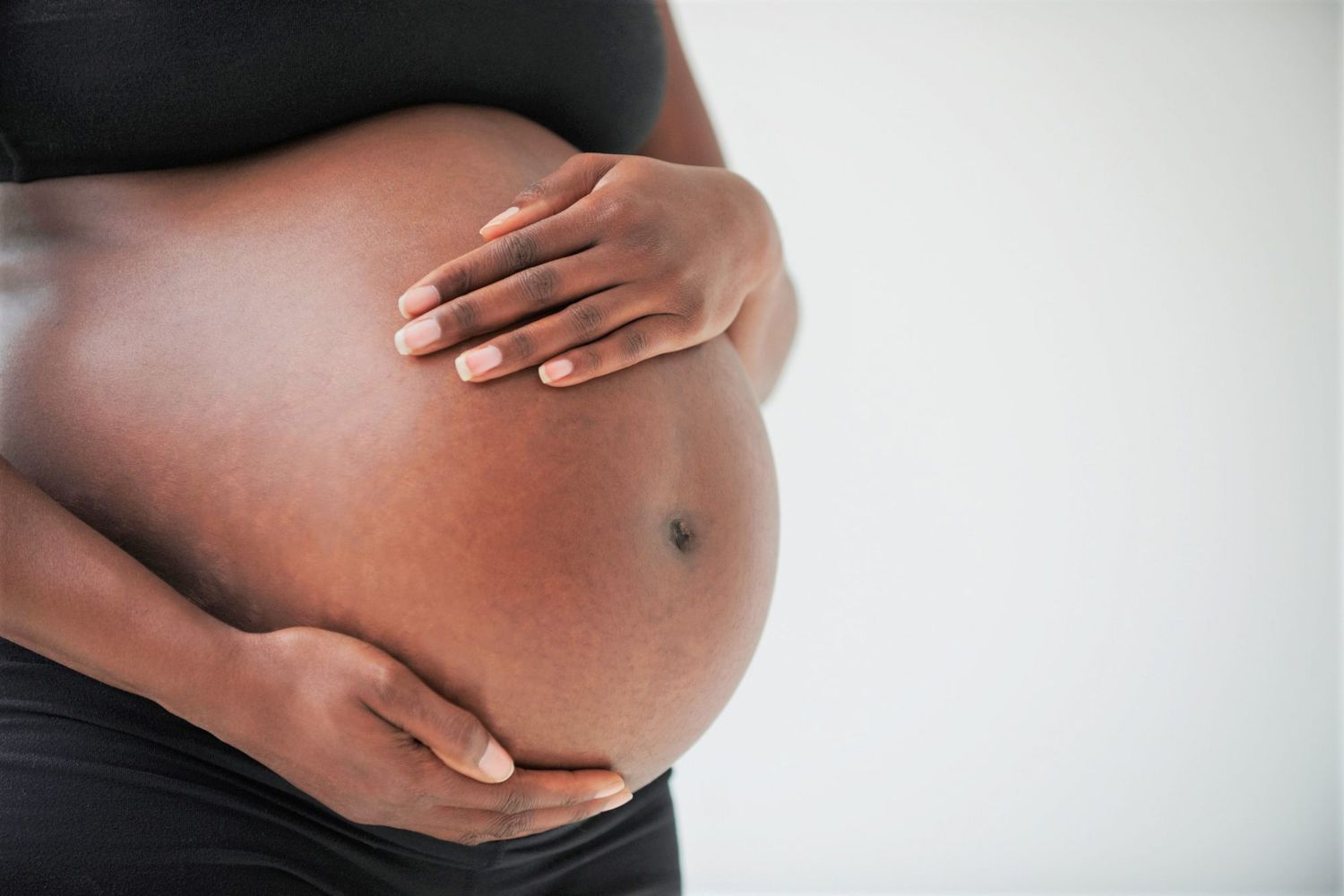- Empty cart.
- Continue Shopping
The Importance of Sun Protection for Pregnant Women: Safeguarding Maternal and Fetal Health

Pregnancy is a transformative and delicate phase in a woman’s life, marked by numerous physical changes and an increased sensitivity to environmental factors. Among these factors, sun exposure is often underestimated in its potential impact on maternal and fetal health.
Understanding the Vulnerability of Pregnancy
1. Hormonal Changes
During pregnancy, women experience significant hormonal fluctuations, including an increase in estrogen levels. These hormonal changes can make the skin more susceptible to the effects of the sun.
2. Melasma (Pregnancy Mask)
Melasma, often referred to as the “pregnancy mask,” is a common skin condition during pregnancy. It results in the development of dark, irregular patches on the face, particularly in areas exposed to the sun. Sun exposure can exacerbate melasma, making it more prominent.
3. Increased Blood Volume
Pregnancy leads to an increase in blood volume, which can cause blood vessels to dilate. This can make the skin more sensitive to UV radiation and increase the risk of sunburn.
4. Risk of Overheating
Pregnant women are more prone to overheating, especially during hot weather. Prolonged sun exposure can exacerbate this risk, potentially leading to heat-related issues.
Risks Associated with Excessive Sun Exposure During Pregnancy
5. Skin Damage
Pregnant women are more susceptible to sunburn and skin damage due to their increased sensitivity. Prolonged sun exposure can lead to premature aging, including the development of wrinkles, fine lines, and age spots.
6. Melasma Aggravation
As mentioned earlier, melasma can worsen with sun exposure. UV radiation can darken existing melasma patches and lead to the development of new ones.
7. Dehydration and Overheating
Excessive sun exposure can cause dehydration and overheating, both of which can have adverse effects on the mother’s health and the developing fetus.
8. Risk of Skin Cancer
While the risk of skin cancer due to sun exposure during pregnancy is relatively low, it is not entirely negligible. Protecting the skin from UV radiation is essential for long-term health.
Practical Strategies for Sun Protection During Pregnancy
9. Wear Sunscreen Daily
Choose a broad-spectrum sunscreen with at least SPF 30 and apply it generously to all exposed skin areas. Reapply every two hours or more frequently if swimming or sweating. Look for sunscreens labeled as “pregnancy-safe.”
10. Cover Up
Wear protective clothing, such as wide-brimmed hats, long-sleeved shirts, and sunglasses with UV protection, to shield yourself from the sun’s harmful rays.
11. Seek Shade
Whenever possible, stay in the shade, especially during peak sunlight hours between 10 a.m. and 4 p.m.
12. Stay Hydrated
Drink plenty of water to prevent dehydration and help regulate body temperature. Avoid overheating by resting in cool, shaded areas.
13. Avoid Tanning Beds
Tanning beds emit UV radiation that can be harmful to your skin, especially during pregnancy. It’s best to steer clear of them entirely.
14. Manage Outdoor Activities
Plan outdoor activities during the cooler parts of the day and limit sun exposure to a minimum, especially during the hottest months.
15. Consult a Dermatologist
If you have concerns about existing skin conditions or sun damage, consult a dermatologist for guidance on managing and treating these issues during pregnancy.
16. Choose Pregnancy-Safe Skincare Products
Opt for skincare products that are safe for pregnancy, as some ingredients commonly found in skincare products can be harmful to the developing fetus.
In Conclusion, Sun protection is a vital aspect of prenatal care that should not be overlooked. Excessive sun exposure during pregnancy can lead to various risks, from skin damage and melasma aggravation to dehydration and overheating. By adopting practical sun protection strategies, including daily sunscreen use, wearing protective clothing, seeking shade, and staying hydrated, pregnant women can safeguard both their own health and the well-being of their developing fetus. Prioritizing sun protection is a proactive step towards a healthy pregnancy and radiant maternal health.








